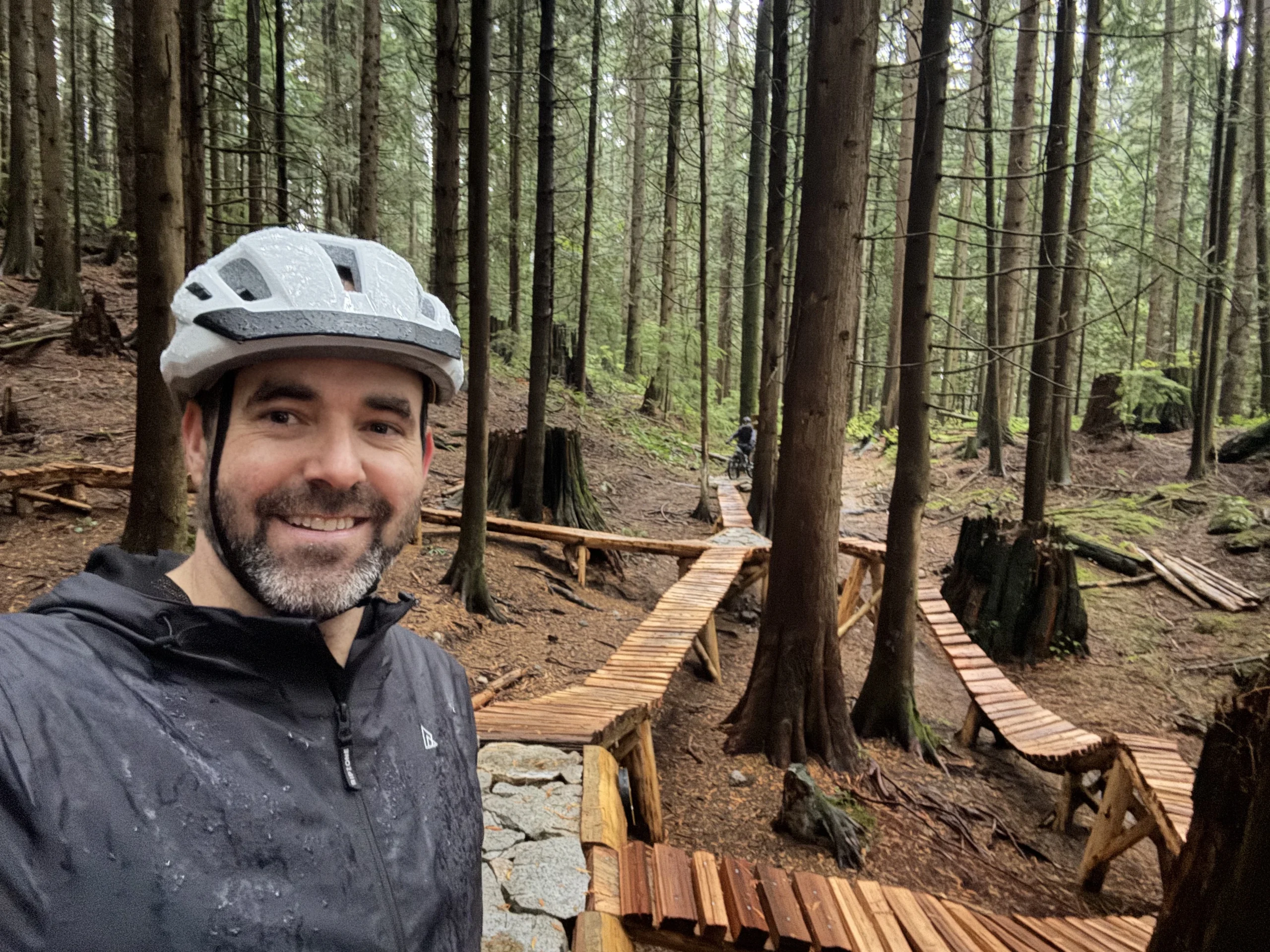REACHING NEW heights
“I hung on his every word. One of the best talks.”
– Mary Lavin | PMI Portland
“Astounding, tremendous presentation”
– Rex Little | Construction Owners Association of America
“Amazing!! Best presentation I have ever seen!”
– Lauren Caruso | Institute of Electrical and Electronics Engineers
“I am struggling to put it into words, it was captivating!”
– Grant Klobuchar | Caterpillar
“Fantastic talk. Very inspiring and engaging.”
– Farzain Malbari | Dynamic Risk
“Your presentation was amazing and I have been getting nothing but rave reviews”
– Marissa Brand | Conference Chair | Naval Information Warfare Center
“What a terrific keynote and wonderful story.”
– Linda Hunter | Event Manager | Municipal Information Systems Association
“The feedback from our leaders has been incredible!”
– Kim Hickling | The City of Barrie
“The best program I have seen in the past 10 years”
– Martin Brossoit | General Motors
“One of the most compelling stories that I have ever heard”
– David Stewart | Dynamic Risk
Insight | Impact | Inspiration
Meet Alan!
An internationally renowned keynote speaker who empowers people to reach new heights in work, wellness and life. Alan and his family hold a world record from their incredible ascent of Mount Everest, a two-month expedition through some of the most exciting yet terrifying situations imaginable. He delivers exciting keynote presentations and training programs that are all about embracing and working through adversity, as well as exploring the skills and mindsets that allow great leaders and committed teams to achieve breakthrough performance. By integrating his innovative leadership, engineering, project management, and psychological experience with captivating analogies, Alan creates a powerful and unforgettable journey for each audience.
A dynamic and engaging speaker who captivates the entire audience
– Iva Stankovic | Program Manager | Ontario Hospital Association
Exciting and Impactful Content









Integrated into Memorable Stories
Audiences don’t remember content if they’re bored. Finding a “wow” speaker with a life story and experiences that capture attention and keep audiences on the edge of their seats is key to knowlege retention. That’s where Alan fits in.
Turning Challenges into Triumphs
Areas of Expertise
Alan draws from a unique blend of engineering, psychology, and adventure to deliver high-impact programs that resonate across industries. His core areas of expertise are designed to help individuals and teams climb higher in leadership, performance, and resilience.
- Improving Communication Effectiveness and Overcoming Communication Barriers
- Developing a Stronger Level of Trust in Professional Relationships
- Effective Methods of Dealing with Conflict and Adversity
- Understanding Personality, Individual Difference and the Importance of Diverse Thinking
- Influencing our External and Internal Focus and Attention
- The Importance of a Strong Commitment, Resilience and Perseverance
- Strategic Planning, Critical Thinking and Effective Decision Making
- Improving Mental Health and Emotional Intelligence
- Risk Identification and Response Strategies for Safe and Successful Results
- Initiating, Managing and Embracing Change in Innovative and Productive Ways
- Gaining Alignment and Improving Team Dynamics in the Workplace
- Agile and Adaptive Practices in Leadership and Project Management
- Innovation, Creativity and Stepping Outside of Comfort Zones
What Sets Alan Apart
Alan is the antidote to the typical dry sessions that plague most conferences. By blending exciting mountaineering stories, live electric violin music, and hands-on activities into his message, Alan holds everyone’s attention, gets people talking, and creates a fun environment for better knowledge retention. You can expect:
- Dynamic and Engaging Storytelling
- Practical and Actionable Takaways
- Uniquely Inspirational Anecdotes
- Interdisciplinary Knowledge and Expertise
- A Global and Forward-thinking Perspective
- Customized Focus and Takeaways
- Proven Resilience Under Pressure
- Stunning Visuals that Capture Attention
- Deep Understanding of Diverse Team Dynamics
- Real-World Applications of Adventure Principles
- Commitment to Lifelong Learning and Growth
- Family-Centered Leadership Lessons
Some of the Great Organizations Alan Works With




“Fascinating! Very informative and inspirational”
Wendy Sandul
Association of Administrative Professionals
“Incredible! I could listen to Alan talk forever!”
Tianna Hughes
Human Resources Professionals Association
“In my time with PMI, we’ve never had such a positive reaction.“
John Viau M.S.
VP of Information Technology | PMI Ocean State
“Phenomenal! Uses a relatable situation to apply agile principles”
Deborah Jones
PMI South Western Ontario
“Incredible presentation. Love the integration of innovation and team principles.“
Brock Ferguson
Farm Credit Canada
“Alan’s program was fantastic! Truly a great presentation!”
Matthew Sayre
Carolinas Club Management Association
“Amazing feedback and everyone really felt a connection with your story.”
Danial Fischer
Event Management Lead | ECO Canada
“Uplifting and wonderful”
Rosita Chang
Financial Planners Association of Hawaii
“Great story teller. Honest & genuine”
Shelley Andrews
CIBC Mellon
“Kept us on the edge of our seats from start to finish”
Rob Black
CEO | Rural Ontario Institute
“A great combination of informative and engaging!”
Nicole Frias-Collado
Veterinary Emergency and Critical Care Society
“A truly exceptional job well done!”
Tom Reid
Global Marketing Director | Hatch Associates
Alan’s Books
Offering profound insights into personal development, leadership, adventure, and resilience – many event planners incorporate one or both of Alan’s books as draw prizes or for each attendee to take home. Having Alan do a book signing is a popular option and bulk-discount orders can also be arranged.
“Alan takes you on a journey of self discovery – full of hope and inspiration on every page”
– Cathy Cavanagh | Northumberland United Way
Captivate your Audience by Booking Alan Mallory
I had a chance to go mountain biking with a client I’d met a number of years ago. When I was back in Vancouver speaking at another conference, he took me to the trails on the North Shore ofVancouver, which…
I recently spoke at a conference in Las Vegas and had the opportunity to do some climbing in Red Rock State Park – it was awesome! Overlooking the vast expanse of rugged terrain, I was reminded of the power of…
My wife and I had the wonderful opportunity to ski in Zermatt last winter. Downhill skiing is more than just a sport; it’s a perfect metaphor for the ways in which collaboration, communication, and mutual trust shape our success. In…
Standing on the edge of a beautiful winter escarpment near Quebec City, looking out over the quiet wilderness with my daughter, I am reminded of the importance of vision in both life and leadership. In that moment, as the wind…






